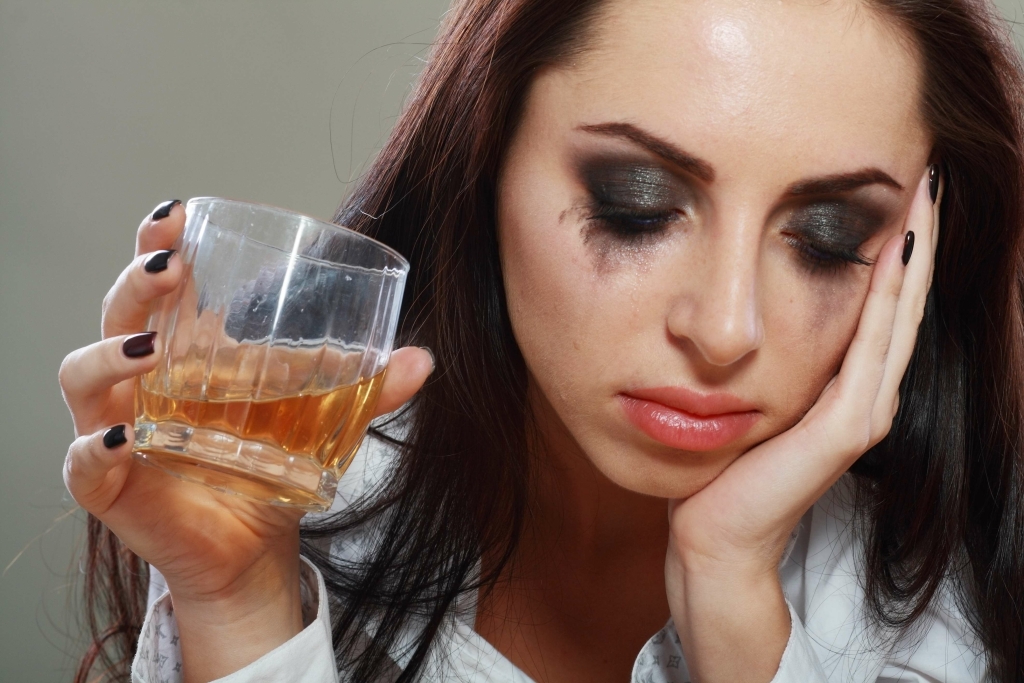But taken too far, anger can make existing addictions worse – and even become a drug of its own. It can be used to avoid other issues, emotions and experiences – like the abuse of alcohol. The difference is using anger in this way is a ‘skill’ that people develop over decades of practice. If this form of anger goes unaddressed, it can be detrimental to your mental health and your relationships. Combined with alcoholism, it can be very dangerous to your physical health as well.
- This article discusses some of the facts behind the stereotype of the “angry drunk” and explores the connection between anger and alcohol.
- And even some medical professionals still think PND is a female issue, says researcher Wells.
- In spite of the theoretical and empirical associations between anger, drinking and AUDs, our review revealed only four studies evaluating anger-specific treatment in alcohol and substance treatment.
- Dopamine produces positive emotions that make you feel good and help reinforce your desire to drink, but alcohol affects your central nervous system in other ways, too.
Asking if someone is having thoughts of suicide will not make them more likely to act on those thoughts. Your questions may help the person open up about how they’ve been feeling and encourage them to seek treatment. Deciding to seek help for alcoholism and depression is the first step https://www.somedaynevermaybe.com/2014/index.html to taking back control of your life. While rehab facilities help treat addiction, not all will offer the services you may need for overcoming a co-occurring condition. For example, some facilities may specialize in certain conditions and offer therapies tailored to specific addictions.
The Failure to Consider Future Consequences and Its Impact on Aggression
While they can be used in combination with other treatments prescribed by a person’s doctor, they should not replace medical treatment. Talk with your doctor about what treatment(s) might be good to try. Signs and symptoms of depression can look different depending on the person and their http://www.rivnist.in.ua/info/society/health/page/16 cultural background. People from different cultures may express emotions, moods, and mood disorders — including depression — in different ways. In some cultures, depression may be displayed as physical symptoms, such as aches or pains, headaches, cramps, or digestive problems.
- This may be because they ‘self-medicate’, meaning they drink to deal with difficult feelings or symptoms.
- Mixed models accommodated for the fact that repeated measures from each client were correlated and accommodated for missing data with maximum likelihood estimation.
- Almost 30 percent of Americans will experience alcohol use disorder at some point in their lifetimes.
- But its potential harms go beyond the body’s ability to handle extreme heat, important as this is.
- However, you can learn some coping strategies that can help you escape a bad mood, manage your anger, and feel better.
- Substance-use disorders are economically and socially very costly.
As hangover symptoms begin to subside, the emotional effects may follow. However, the flip side is that people who frequently use alcohol are more likely to also be depressed. Drinking a lot may worsen these feelings, which may actually drive further drinking. Our facilities provide comprehensive care for mental illnesses and substance use disorders through medication and other forms of therapy. We are one of just a few treatment centers that evaluate outcomes and share the results publicly.
Anger Turned Outward
They can be helpful for many, so talk to your doctor about this option. If you’re dealing with severe alcohol withdrawal symptoms, such as anxiety, insomnia, nausea, and hallucinations, among others, then your doctor may suggest medications such as chlordiazepoxide or other benzodiazepines. Naltrexone, Acamprosate, and disulfiram are also FDA-approved medications that can help curb alcohol cravings. Some people never notice feelings of depression — or any negative effects at all — after drinking moderately.

Dealing with physical health problems, debt and housing issues can all affect your mental health. Because a person may experience one or more relapses and return to problem drinking, it can be crucial to have a trusted psychologist http://www.danteandluigis.com/sauces or other health professional with whom that person can discuss and learn from these events. If the drinker is unable to resolve alcohol problems fully, a psychologist can help with reducing alcohol use and minimizing problems.
